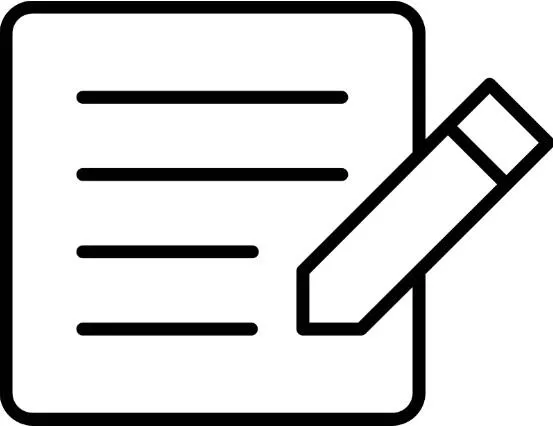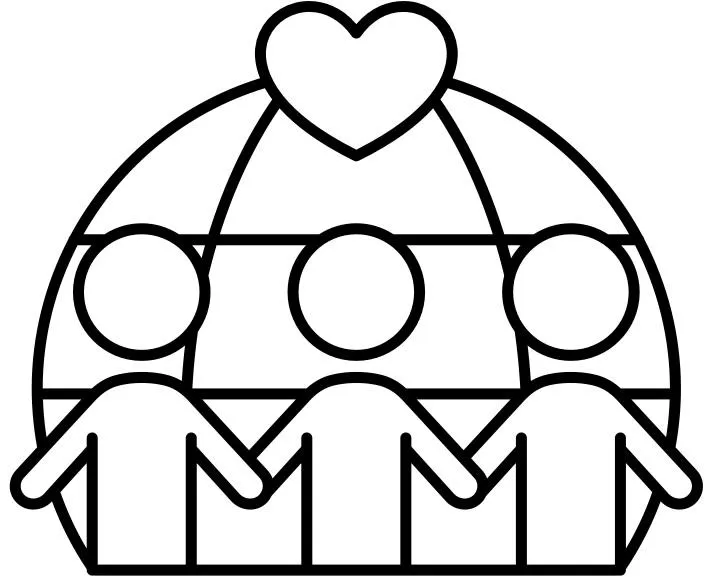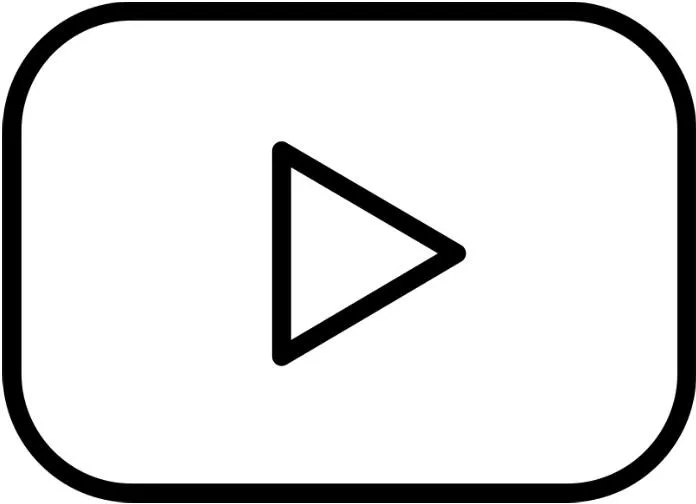Water Fasting for the First Time
Fasting sounds extreme nowadays, right? There is not reason to fast, there are so many types of food that keeps us entertained and always trying something new from the shelf.
But what if I told you that your body already knows how to do it? You are fasting every single night while sleeping, and now it’s just a matter of extending that natural process. Water fasting is one of the simplest and most effective ways to reset your body, clear your mind, and give yourself a fresh start.
It’s interesting that our grandparents did this so often, but the knowledge was forgotten in 2 generations.
But before you dive in, let’s break it down: What happens when you stop eating? How do you do it safely? And most importantly how do you actually stick to it when your stomach starts screaming for food and your mind whispers all sorts of beliefs about the lack of food?
What Happends During a Water Fast?
Your body is a highly efficient machine. The moment food stops coming in, it switches gears from the glucose burning system to the fat stores burning system - hunger is just a signal of your body letting you know its shift. Be happy about it, it means that you’re starting to burn fat. Adopt this belief belief about the feeling of hunger.
Burning stored fat for fuel - Your body taps into its reserves, which is why fasting is so effective for weight loss.
Cleaning up damaged cells (autophagy) - Think of this as an internal detox, where your body starts recycling old, inefficient cells and after 3 days the stem cells start repairing what needs to be healthy.
Balancing hormones - Insulin levels drop, helping stabilize blood sugar and reduce cravings.
Reducing inflammation - Many people report less bloating, clearer skin, and even relief from chronic pain.
But here’s the catch: The first time you fast, it’s going to bring out some symptoms. Besides hunger at your usual hour of eating, it will give you headaches (mostly from sugar withdrawal), dizziness but these are normal and temporary. Once your body adapts to it, you’ll start feeling the benefits. If you choose to stop after 1 day or 2, know that next time you’ll fast, it will be much more easier. The third time you actually can feel and use the mental clarity sooner to your own benefit.
How to Prepare for Your First Water Fast
If you go from eating five meals a day straight into a long fast, your body is going to send you hunger signals for each missed meal. You can ease into the fast, as this mentally prepares you and gives you higher chances of achievement.
Step 1: Reduce Carbs a Few Days Before
Carbs hold onto water, and when you suddenly cut them out, you’ll lose a lot of water weight (hello headaches and dizziness). Slowly lowering your carb intake makes the transition smoother. If you are already on the low carb diet from 360ME, it’ll feel as a breeze, as long as you are on the second phase of your cycle (follicular and ovulation). Do not try it in the other phases as your body heavily relies on carbs to build the membrane of the uterus that will be shed in your menstruation phase.
Step 2: Start with Intermittent Fasting
If you’ve never gone without food for more than a few hours, try a 16-hour fast first (eating only in an 8-hour window). This helps your body adjust. Go with intermittent fasting every month even between day 7-17 of your menstruation cycle.
Step 3: Hydrate More Than Usual
Dehydration is the fastest way to ruin a fast. Start drinking more water a day or two before, and consider adding electrolytes if you tend to feel weak or dizzy. Salt is a must every morning and when you feel light headed.
Step 4: Decide on Your Fasting Length
If it’s your first time, start with 24 hours and see how you feel. Once you’re comfortable, you can try longer fasts (48 hours, 72 hours, or more).
Step 5: Get rid of the unhealthy snacks. Shop whole foods so that if you give up, at least you eat healthy.
What to Expect while Fasting
Let’s be real, your first time won’t be easy. Your brain will scream at you to eat. Your stomach will growl. You’ll think about food a lot. Don’t give in. Learn to control your body.
Hour 0-12: Completely normal. Your body is still running on your last meal.
Hour 12-24: Hunger starts kicking in, but it’s mostly mental. Drink water, keep busy, and avoid if you can, cooking. You can order in for your kids.
Hour 24-48: Your body starts switching to fat-burning mode. You might feel tired, but this is the detox phase. Stay strong!
Hour 48+: Hunger fades, energy stabilises, and many people feel a surprising sense of mental clarity.
If you did not get to 48 hours, know that by the third time you try it, the mental clarity will happen sooner, in the first and second day.
Pro tip: Whenever you feel cravings, drink water or warm herbal tea (very soothing and the warmth makes a good replacement for food). If your energy drops, move, take a walk, stretch, or distract yourself with a task. You can drink coffee, just don’t add anything to it. If you leave out coffee and you normally drink it, than your headaches will be severe for 3 days as this is the coffee withdrawal symptom.
What to do with the amount of thoughts appearing from the internal beliefs about food?
You’ll die without food. Replace it with: I can easily take energy from other sources, like the sun, walking barefoot, warm tea.; It has been proven that people can easily fast for long periods of time, so I am ok.
You have a foggy head: I can think clearly even when I don’t eat.
You are more nervous and irritable when hungry: hunger is just my body letting me know that it’s preparing to switch burning systems, that glucose levels are low.
Breaking Your Fast (Without Regrets)
Be careful to not devour everything in sight, even if you shopped for healthy things. Slow down. Breaking a fast incorrectly can leave you bloated, and extra tired. It depends on the length of your fast. I usually fast for 3 days than jump right into my 360ME Diet.
Avoid: Heavy meals, processed foods, sugar, alcohol (they’ll shock your system and do extreme harm); mixing too many types.
Eat First: Bone broth, steamed veggies, avocado, soft fruits, a small handful of nuts, or a protein smoothie.
Ease Back: Introduce solid foods slowly over the next 24 hours.
Observe yourself how your body behaves and you’ll know next time.
Also be aware that it’s normal to regain 3-7 lbs (1-3 kg) of water weight after a water fast, but fat loss can be maintained if they continue with a mindful diet. If they return to poor eating habits, they may regain all the weight.
Immediate Weight Regain (First Few Days)
2-6 lbs (1-3 kg) of water weight - Most of the initial weight lost during fasting comes from glycogen depletion, which holds water in the body. As soon as you start eating carbs again, your body replenishes glycogen and reabsorbs water.
&Some food weight - The body was empty during the fast. Once you resume eating, food naturally adds weight to your digestive system.
Typical regain: 3-7 lbs (1-3 kg) in the first few days (mostly water, not fat).
Long-Term Weight Regain (Weeks After)
If you return to old eating habits you may regain most or all of the weight, especially if you overeat or consume processed foods after fasting.
If you maintain a healthy diet - you can keep most of the fat loss while regaining only water and glycogen weight.
If you lost 10-15 lbs (4-7 kg) during fasting, you might regain 3-5 lbs (1-2 kg) in water weight but keep the fat loss.
How to Minimize Weight Regain
Break the fast gradually - Start with light foods (broth, steamed veggies) to avoid bloating and overeating.
Stick to whole foods - Processed foods spike insulin and encourage fat storage.
Maintain a calorie-conscious diet like the 360ME Diet in the Nutrition module on this website. Overeating after fasting can lead to rapid regain.
Incorporate intermittent fasting - This can help sustain fat loss long-term.
Start home workouts - fast and efficient like the ones on this website especially tailored for moms.
Fasting isn’t just about not eating and losing weight.
It’s also about:
Giving your body a break to remember its mechanisms of switching between burning systems more efficiently;
Healing your relationship with food;
Giving the opportunity for your body to heal faster;
Draw out and repair your beliefs about food;
Connect to your intuition, creativity and focus.
And then feeding it with the intention to become highly optimized.
What happens when you rediscover food?
Your taste buds are amazed of how formerly blunt foods actually taste;
You realize that food is actually interesting and is a major part of our entertainment in life;
You are not bound to it.
So Why Try Water Fasting?
Weight Loss - Burns fat without calorie counting.
Mental Clarity - Many people report sharper focus and reduced brain fog.
Better Digestion - Gives your gut time to reset.
Lower Inflammation - Helps with bloating, skin issues, and chronic pain.
More Energy - Once your body adapts, energy levels increase.
Autonomy and Power - it does not actually need any food for days
It’s not about suffering or deprivation, it’s about resetting your body and giving it a fresh start.
If you’re curious, just try it for a day and see how you feel. No pressure, no perfection, just an experiment with your own body to get to know it better. You should be friends so work on your relationship with it, admire it, talk nicely about it.
Write your feedback in the chatbox!















